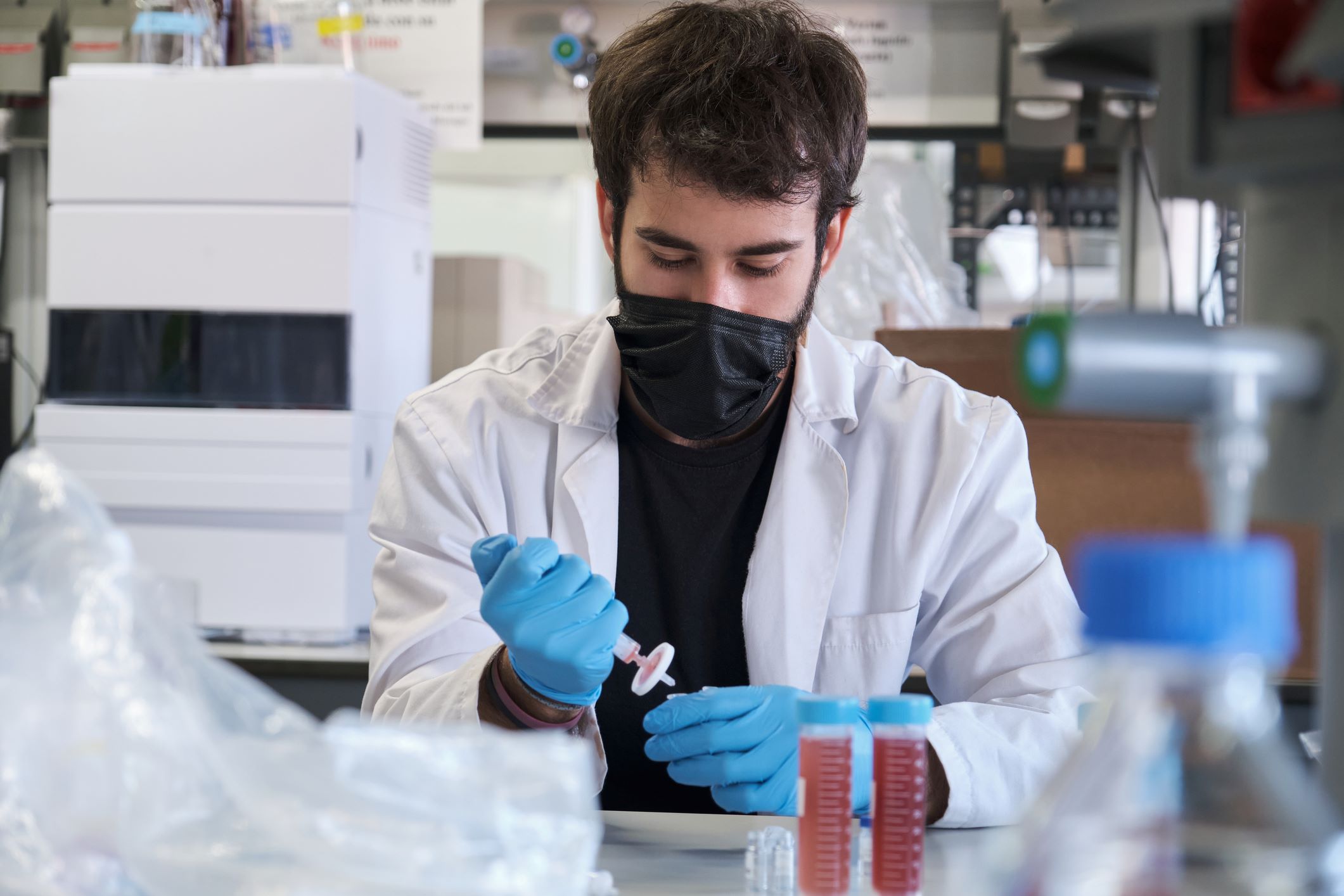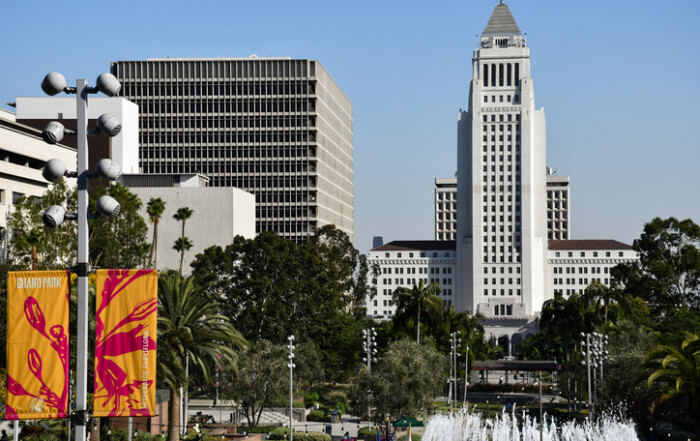The Los Angeles Police Department (LAPD) was given authority to accept a $700,000 grant award from the Cannabis Tax Fund Grant Program (CTFGP) by the Los Angeles City Council at its meeting on Tuesday, October 24. This money comes from the Toxicology Laboratory wing of the grant and will be used to help fund the department’s Cannabinoid Confirmation Test Improvement Program.
As the name suggests, the program looks to improve the department’s capabilities to administer cannabinoid confirmation tests. These tests help confirm the presence of cannabinoids — such as the psychoactive marijuana compound THC found in a person’s blood – and can be used to enforce DUI penalties on drivers under the influence of cannabis, central nervous system depressants, central nervous system stimulants, and other types of drugs.
While the program — which is run by the department’s Forensic Science Division Toxicology Unit — currently meets guidelines for confirming cannabis, depressants, and stimulants, it does not meet standards to confirm opioids. As it stands, the department only has the ability to test for six of the 11 opioids recommended by the state and is forced to subcontract out to test for the remaining five.
The grant funds will be used to purchase a new form of testing that will significantly upgrade the ability to detect drugs in samples. The CTFGP is run by the California Highway Patrol as a means to educate on and prevent driving under the influence of drugs cases while properly enforcing laws on those who do commit the crime.
Testing is a significant part of this mission, and the LAPD is looking to improve its capabilities significantly in that department with these funds. A “next generation, ultra-high performance” testing machine according to the city’s Chief Administrative Office report recommending accepting the grant, it will use Liquid Chromatography with Tandem Mass Spectrometers.
Liquid Chromatography is the process of separating the components of drugs and other pollutants from the blood, and the use of spectrometers introduces ionization — which helps increase the sensitivity of detection by creating ions from foreign compounds in a blood sample that is easier to detect.
On top of eliminating the need for subcontracting testing for certain drugs, the improvement will give the department the capacity to test for the five most popular alternatives to fentanyl. Additionally, less blood will be needed to produce accurate results, and the machine will be able to test for multiple drugs in a single sample.
“It will increase the Toxicology Unit’s ability to meet its goals and ensure investigators receive accurate and comprehensive laboratory results,” a Board of Police Commissioners report said of the machine, “Ultimately improving driving safety within the City of Los Angeles.”
At Tuesday’s meeting, the motion to accept this grant was called for an individual vote by 13th District Councilmember Hugo Soto-Martinez, who decided to vote against approving the grant without comment at the meeting. 1st District Councilmember Eunisses Hernandez also voted against the motion, with it passing by a vote of 11-2 with two members absent.
According to a spokesperson, Soto-Martinez voted no on the vote because he didn’t see evidence that the testing was effective, and called for the vote so he could get that view on record.
Photo by Ladanifer on iStockphoto.com
Stay informed. Sign up for The Westside Voice Newsletter
By clicking submit, you agree to share your email address with Westside Voice. We do not sell or share your information with anyone.








